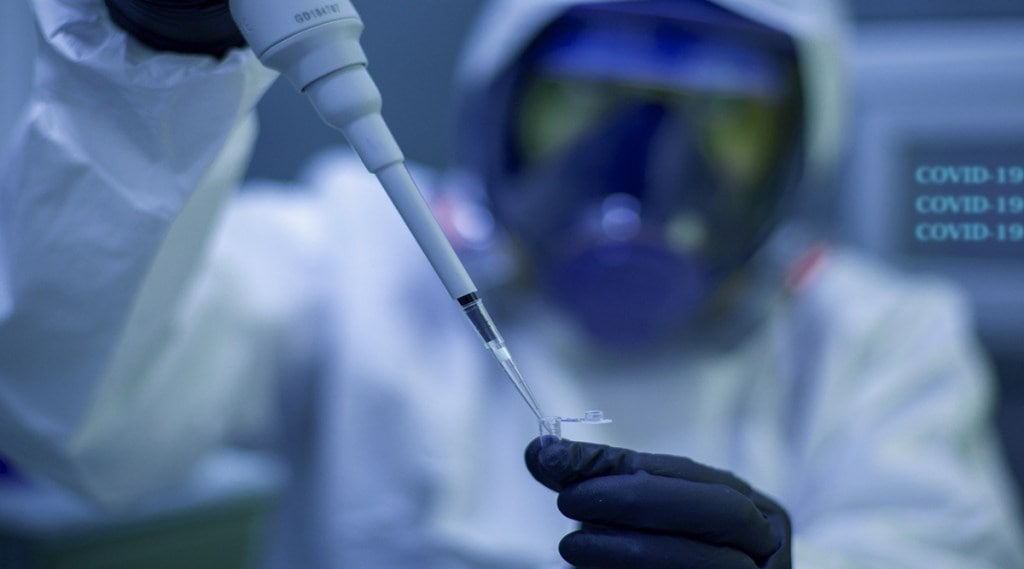Oropouche Virus Outbreak in Brazil: Two women in Brazil became world’s first humans to die from Oropouche fever. Reportedly, the women showed symptoms similar to dengue, another mosquito-borne virus which is often confused with Oropouche.
According to Brazil’s Health Ministry, the two women, who were both under the age of 30 years, had no comorbidities but had experienced symptoms similar to dengue fever. Brazil’s health ministry said that until now: “There have been no reports in the world’s scientific literature of deaths from the disease.”
Till July this year, Brazil had recorded 7,236 cases of oropouche fever in 20 states, most of which, however, were recorded in Amazonas and Rondônia. In 2023, Brazil recorded about 840 cases.
On 27 May 2024, the Ministry of Public Health of Cuba reported the first ever outbreak of Oropouche virus disease. A total of 74 confirmed cases were reported from Province of Santiago de Cuba, and from Province of Cienfuegos.
What is Oropouche virus?
Oropouche virus was first detected in Trinidad and Tobago in 1955. It is transmitted mostly through the bites of midges, though it can also be spread via mosquitoes. “It’s very important to point out that, according to our current knowledge, the virus is not transmitted directly from human to human,” Italian infectious disease researcher Concetta Castilletti told AFP.
The officials are investigating recent reports that pregnant women could have transmitted the virus to their unborn children, according to the Pan American Health Organization (PAHO).
Italy reported its first-ever case of Oropouche in June 2024. It was also the first case ever to be detected in continental Europe. The patient diagnosed in Italy had recently returned from a trip to the Caribbean, Italian newspaper Il Messaggero reported, citing public health authorities.
What are the symptoms?
Oropouche fever is caused by the Oropouche virus, which is transmitted most often through the bite of the Culicoides paraensis midge. According to an Indian Express report, symptoms of the disease are similar to dengue and typically start between four and eight days after the bite. The onset is sudden, and symptoms usually include fever, headaches, pain, chills, joint stiffness and sometimes nausea and vomiting.
Most patients recover in about seven days. According to the WHO, severe cases are rare. There is no specific vaccine or antiviral treatment available for the disease.
How it is treated?
There are no medicines to treat Oropouche virus disease. According to Centers of Disease Control and Prevention (CDC), supportive care is recommended for clinical management of patients. Treatment for symptoms can include rest, fluids, and use of analgesics and antipyretics. Patients who develop more severe symptoms should be hospitalized for close observation and supportive treatment.
“All patients with clinically suspected dengue should receive appropriate management without waiting for diagnostic test results. Patients should be advised to avoid aspirin containing drugs or other nonsteroidal anti-inflammatory drugs until dengue can be ruled out to reduce the risk of bleeding,” CDC stated.
